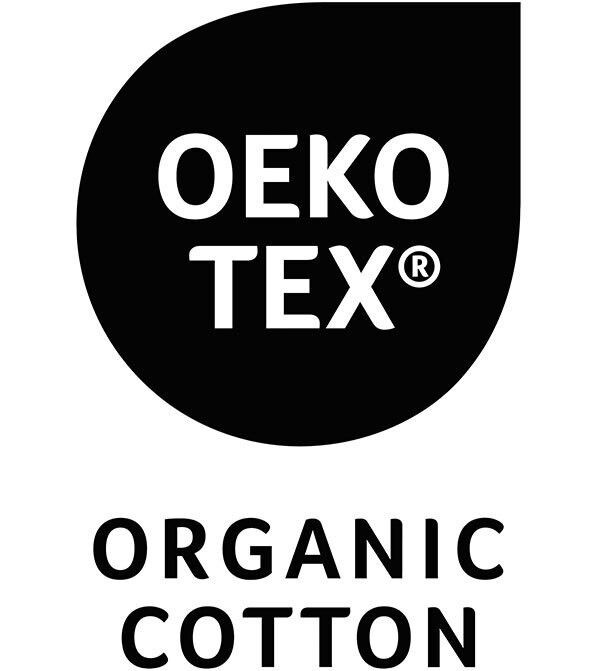
What is OEKO-TEX® ORGANIC COTTON?
OEKO-TEX® ORGANIC COTTON is a certification designed for textile articles composed of at least 70% organic cotton. It ensures supply chain traceability from the farm to the final product. Additionally, it provides a qualitative and quantitative assessment of the presence of genetically modified cotton (GMO) and includes testing for harmful substances, such as pesticides.
What are the advantages of OEKO-TEX® ORGANIC COTTON?
- Increased product safety for consumers
- Tracking of material use from input to output
- Greater customer confidence
- Increase in your company’s credibility
- Testing by independent institutes
- Stricter limits than most international standards
- Science-based criteria catalogue updated annually
- Standard label worldwide
- Regular quality assurance
Who is OEKO-TEX® ORGANIC COTTON suitable for?
Certification is suitable for:
- Brands
- Retailers
- Ginners
- Manufacturers of raw materials (yarns, fibres)
- Manufacturers of semi-finished products (woven and knitted fabrics)
- Manufacturers of finished products (T-shirts, trousers, jackets, semi-finished products, curtains, upholstery)
- Manufacturers of textile accessory materials
What are the requirements of OEKO-TEX® ORGANIC COTTON certification?
- 100% organic cotton content
- GMO tests – fibres: GMO < 5%
- Transparency through transaction certificate
- Fulfil limit values for harmful substances including pesticide tests
- Min. 70% organic cotton content, remaining percentage consisting of other fibres (excluding conventional cotton)
- GMO tests – fibres: GMO < 5%
- Transparency through transaction certificate
- Fulfil limit values for harmful substances including pesticide tests
Start of the OEKO-TEX® ORGANIC COTTON value chain is the ginning facility which must provide certification of fibres (from the farm) according to IFOAM family of Standard.
Less than 70% organic cotton: It is possible to obtain the OEKO-TEX® STANDARD 100 certificate and label, but only in the case of OEKO-TEX® pre-certified organic cotton.












